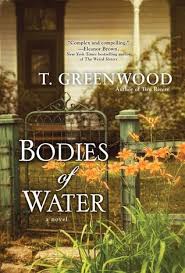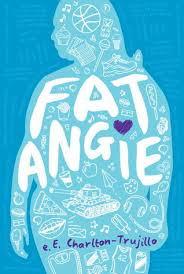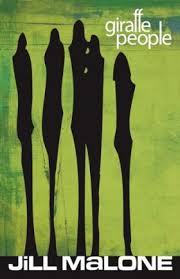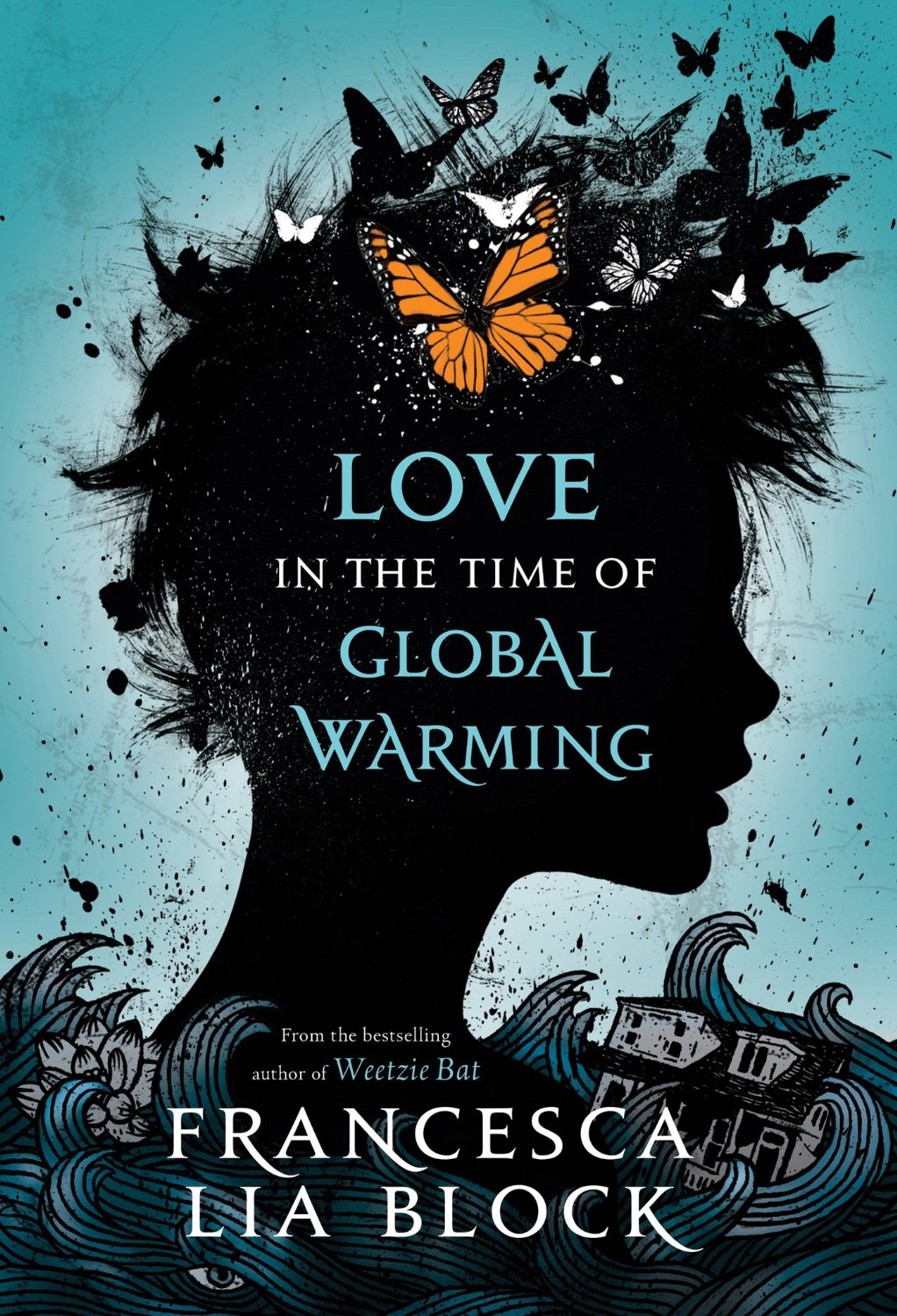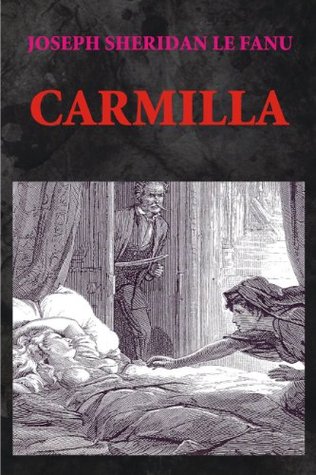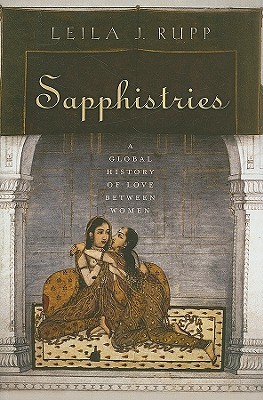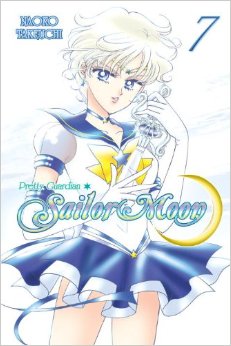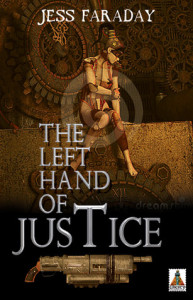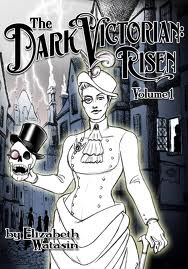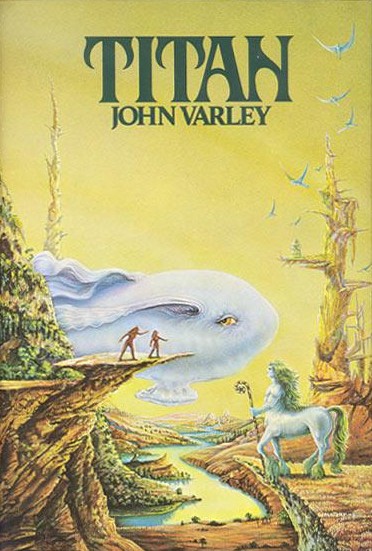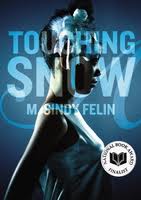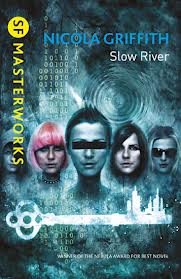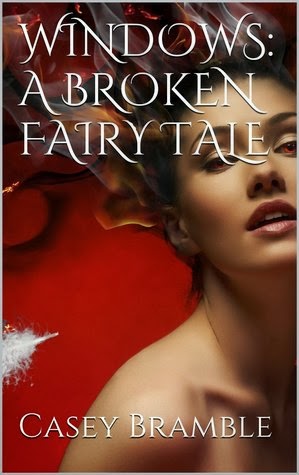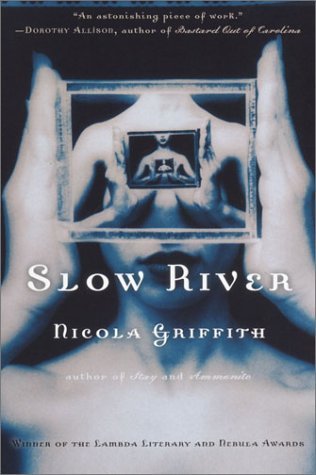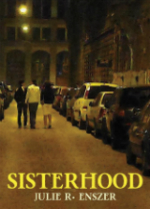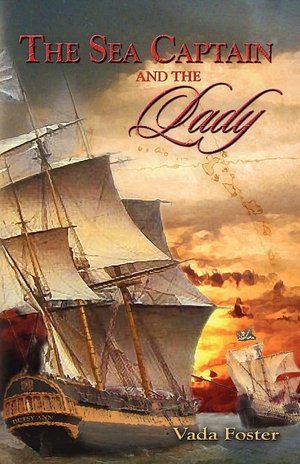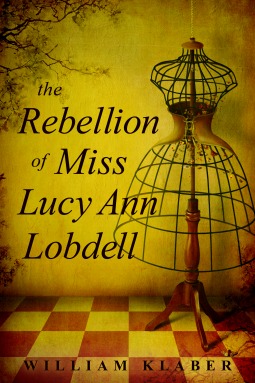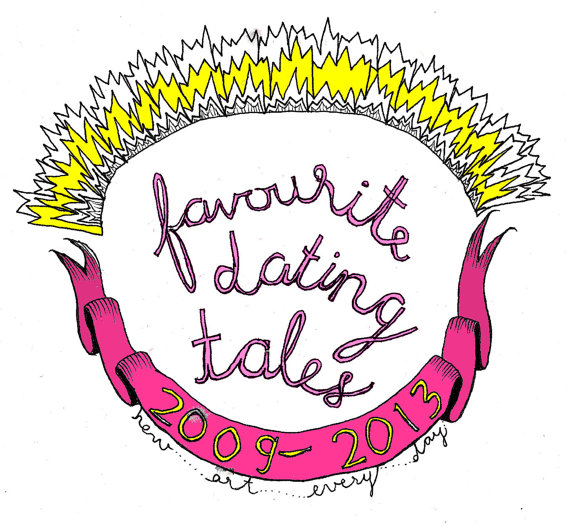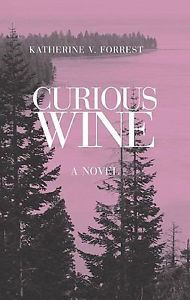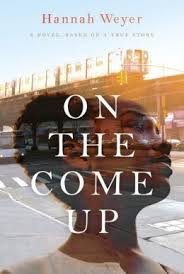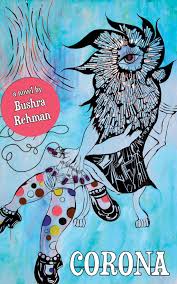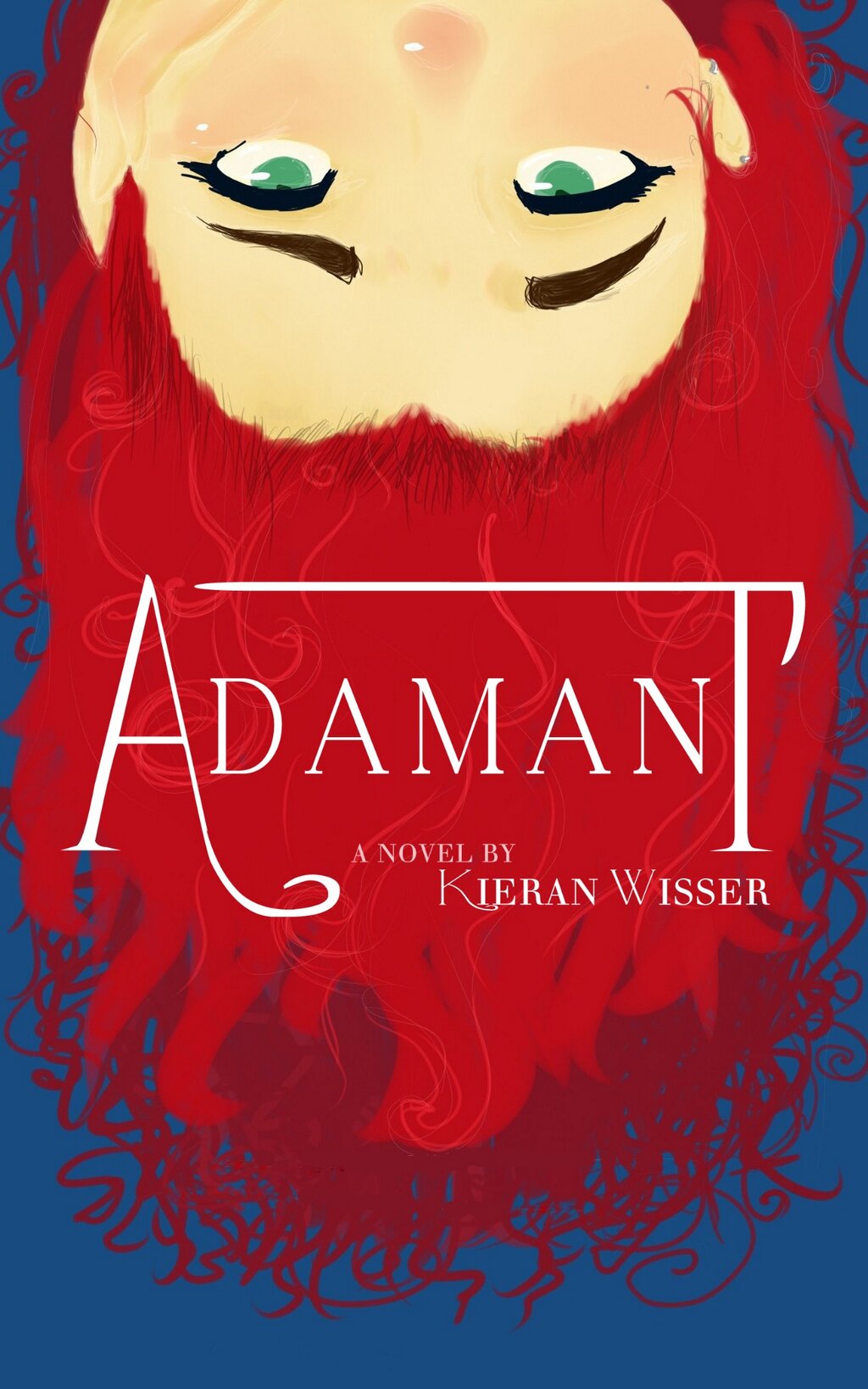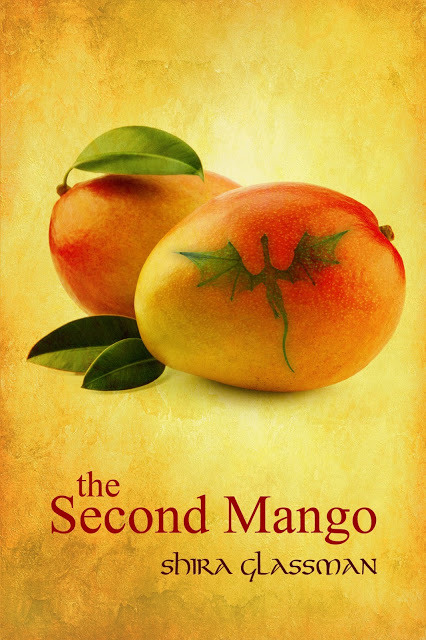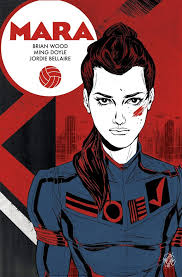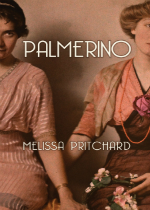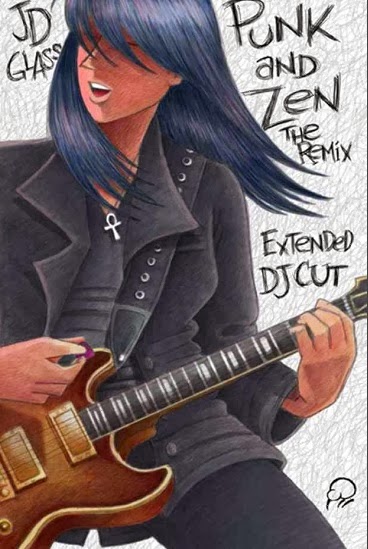The brilliant thing about storytelling is that one person, one view, one tiny microcosm of the world can be portrayed in-depth out of the infinite combinations of people, experiences, and contexts that have ever existed in the universe. Depending on how the story is told, what the trials and tribulations the characters face, what consumers read in the words and in between the lines, the brilliant thing about a story is that it can speak for thousands, if not millions of people. The problem, however, is also that this story can speak for thousands, if not millions of people. In fact, in the case of the South Asian community, it can become the story for billions of people.
Back in 2011, I wrote the first draft of my novel, The Circumstance of Marriage, which is very loosely based on the story of my grandmother, my mother and myself. Though elements of the story certainly relate to the experiences of many people, as the story begins in India and ends in the United States, it cannot possibly be indicative of the experiences of even the people that live in the two countries in which the book takes place.
Yet, having talked to people who have been in the fiction publishing industry for some time, one piece of feedback that I got which I found disconcerting is that the narrative of some of the major themes of my book – marriage, LGBT rights, intersectionality, womanhood – have already been defined for the South Asian community. Seriously? It is ridiculous to think that an entire industry has already determined the narrative of core cultural themes for a community of more than 2 billion people!
A few weeks ago, I went to a creative writing workshop hosted by the South Asian Lesbian and Gay Alliance (SALGA) of NYC. In that room, there were people of South Asian origin who grew up everywhere from small town Texas to Singapore, to Iran, to India to NYC itself. Many orientations and genders, religions, faiths, backgrounds, ideals, and cultures were represented in the room of no more than 25 people. When speaking of my book, I could immediately tell that my narrative was not reflective of the majority of the people in that room. If my story is not majorly reflective of 25 people, imagine the diversity of stories of the entire global LGBT South Asian community?
One of the central themes of my book, The Circumstance of Marriage, is the idea that we can use our battles of discrimination as a starting point to understanding what others have been through. Indeed, I by no means wish to stray away from this central purpose. My point is simply this – being a lesbian or queer or South Asian or of any other community grouping means many different things to different people. My book is simply one story in what I hope can be a glimpse into a very diverse set of cultural reactions to what it means to be queer.
The subject matter of The Circumstance of Marriage may not be close in themes or subject matter to many of the books reviewed at The Lesbrary, but it should not be taken as representative of more than what it is – one story, one view, one glimpse into a world. When the book comes out, I hope the readers of this blog pick up a copy and gain a new bit of knowledge from its words. I hope readers use it as a way to learn more about a new culture. But I also hope that at the end of the day, it will go into history as one of many stories about what it means to be a minority of several different strokes.
*The Circumstance of Marriage is set to come out in the spring/summer of 2014. Please visit the website and sign up for the newsletter to receive updates and exclusive content.



